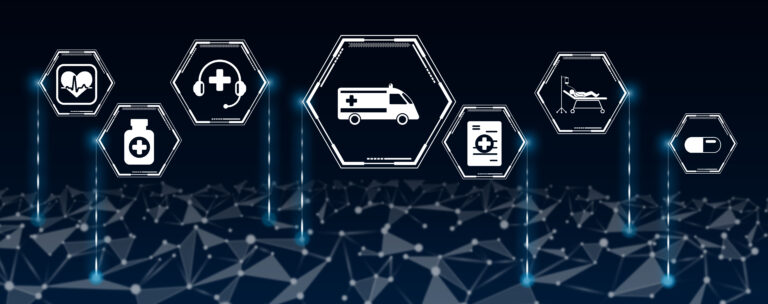The damage already done to your body can be surprising and often more serious than you realize. Whether from lifestyle choices, injuries, or illnesses, your body may be carrying the effects quietly but deeply.
One major area affected is the heart. Long-term heavy drinking, for example, can weaken the heart muscle itself. This condition makes it harder for your heart to pump blood efficiently and can lead to serious problems like cardiomyopathy—a disease of the heart muscle that reduces its ability to circulate blood properly.
When you experience an injury or live with a chronic illness, your whole body starts to slow down in function—a process called physical deconditioning. This means muscles shrink and weaken because they aren’t used as much. Bones lose density and become fragile over time. Your lungs might not work as well either; they could partially collapse or struggle to get enough oxygen into your bloodstream, making even simple activities feel exhausting.
Your digestive system also suffers when you’re inactive or unwell—appetite drops and constipation becomes common due to slower bowel movements. The urinary system isn’t spared either; loss of bladder control or infections may develop because of weakened muscles and poor circulation.
Blood flow changes too: inactivity increases the risk of dangerous clots forming inside veins while blood thickens abnormally in some cases. Hormonal systems get disrupted as well—your body’s response to insulin might falter leading to high blood sugar levels which cause nausea among other symptoms.
Skin health declines when movement is limited; pressure ulcers (bedsores) form where skin stays pressed against surfaces without relief for long periods.
All these changes combine into a reduced ability for daily tasks like walking, dressing yourself, or even standing steadily without falling over easily due to impaired balance and coordination.
Injuries such as gunshot wounds add another layer of damage depending on their severity—whether a bullet grazes skin causing minor cuts prone to infection or penetrates deeply damaging organs like lungs or liver which can be life-threatening if not treated immediately.
Even emotional trauma triggers physical responses that strain your body’s stress systems acutely after sudden incidents like accidents but also chronically if trauma is complex and ongoing.
Understanding this hidden toll on your body highlights why early care matters so much—not just treating symptoms but actively working against this decline through movement, nutrition, medical treatment where needed—and recognizing how past damage shapes current health challenges every day.





